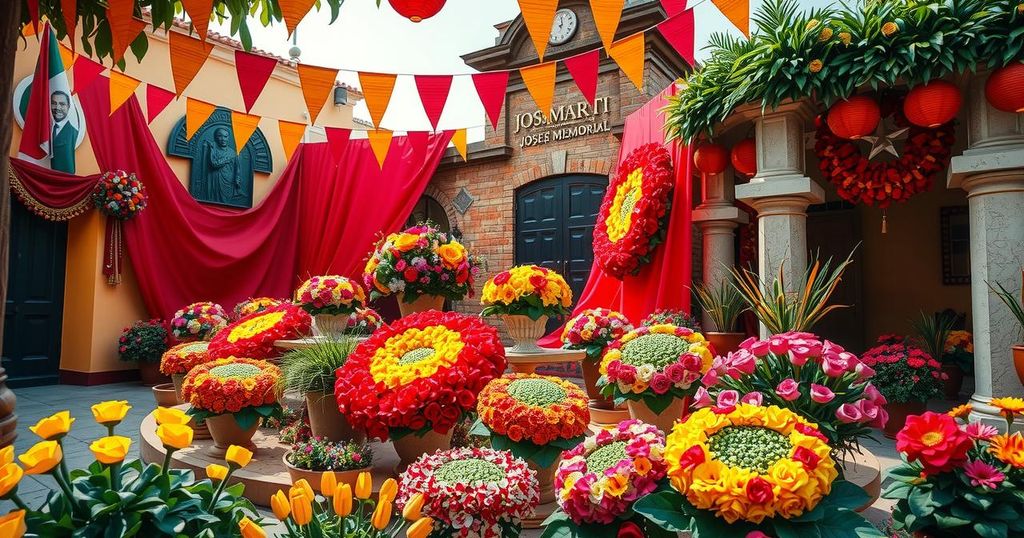Cuba Honors Africa Day with Ceremony at Jose Marti Memorial

Cuba celebrated Africa Day with a ceremony at the Jose Marti Memorial, led by officials like Vice President Salvador Valdes Mesa and Congo’s Ambassador Niamayoua. The event highlighted Cuba’s historical ties to Africa, emphasizing shared struggles against colonialism and racism. The vice president reaffirmed Cuba’s commitment to medical cooperation across the continent, showcasing the enduring bonds between the regions as they strive for a united future.
Havana, Cuba, saw a poignant commemoration on May 27 as the local government hosted a ceremony marking Africa Day, which is celebrated globally on May 25. This event unfolded at the iconic Jose Marti Memorial, showcasing a commitment to honor the deep-rooted connections between Cuba and Africa. Key figures in attendance included Salvador Valdes Mesa, Cuban Vice President, Bruno Rodriguez Parrilla, Foreign Minister, and Teresa Amarelle Boue, General Secretary of the Cuban Women’s Federation. Notably, Rosalie Kama Niamayoua, the ambassador of the Republic of Congo, represented the African Diplomatic Group in Cuba.
In his address, Vice President Valdes Mesa underscored how this year’s observance is especially significant, coinciding with various anniversaries of diplomatic ties established between Cuba and several African nations. He referred to this as a historical fulfillment of bonds tracing back to Cuba’s African roots—an acknowledgment not just of heritage but of a shared struggle for sovereignty and independence over the years.
Valdes Mesa highlighted the historical importance of Cuba’s solidarity with Africa, forged during intense battles against colonialism, racism, and apartheid. He emphasized that the ties established by Cuban leaders, especially the late Fidel Castro, are enduring and rooted in collective struggles for African dignity. He also took this moment to remember the slaves who revolted on sugar plantations and the courageous Africans who fought against colonial oppression in Cuba.
Focusing on contemporary issues, the vice president reaffirmed Cuba’s ongoing commitment to international medical cooperation, emphasizing the nation’s presence in over 27 African countries with thousands of medical graduates from the Latin American School of Medicine (ELAM). He expressed that the fraternal ties between the Cuban and African peoples, solidified through shared sacrifices, are everlasting.
Ambassador Niamayoua echoed this sentiment, recognizing Cuba’s steadfast support for African struggles, a legacy of Fidel Castro’s humanitarian work. This support speaks volumes in various international forums, aligning with African interests on pressing global challenges. Her remarks highlighted the shared commitment to sustainable development, ensuring that no one is left behind amidst the pursuit of progress.
As the world comes together every May 25 to commemorate Africa Day, this year’s celebrations in Cuba resonated deeply, reflecting on both the continent’s rich cultural heritage and its strides towards collective advancement. The essence of Africa Day transcends geography, standing as a testament to the continent’s vibrant diversity and its collective ambition for a prosperous future.
The commemorative ceremony in Havana served as a reaffirmation of Cuba’s historical and enduring ties with Africa. With prominent figures addressing the significance of solidarity and shared struggles, the event highlighted Cuba’s ongoing commitment to support African nations, particularly in fields like medicine. Every year, Africa Day brings nations together to celebrate not just the continent’s diversity, but also its aspirations for unity and development in a changing world.
Original Source: www.cubanews.acn.cu








